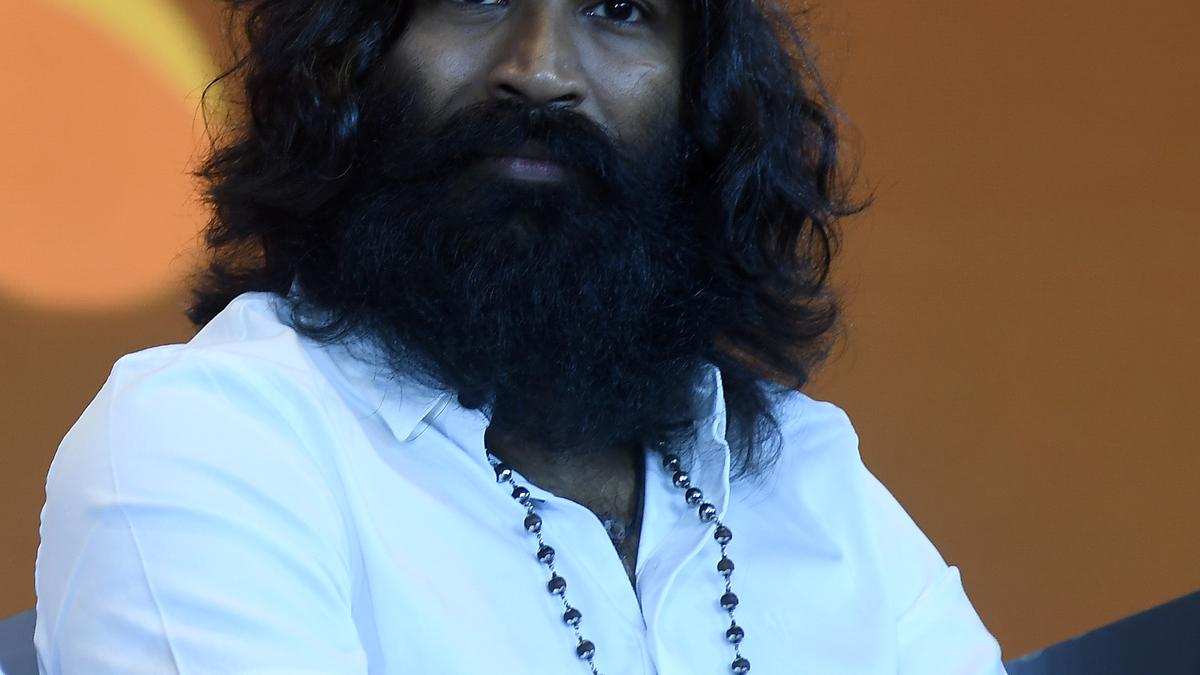
Madras High Court quashes complaint against Dhanush, Aishwarya Rajinikant for smoking scenes in 2014 movie VIP
The Hindu
The Madras High Court on Monday quashed a complaint lodged by a government official in 2022, against actor Dhanush, director-producer Aishwarya Rajinikanth and a few others, for having allegedly violated the law with respect to certain smoking scenes in the 2014 movie Velai Illa Pattadhari (VIP).
The Madras High Court on Monday quashed a complaint lodged by a government official in 2022, against actor Dhanush, director-producer Aishwarya Rajinikanth and a few others, for having allegedly violated the law with respect to certain smoking scenes in the 2014 movie Velai Illa Pattadhari (VIP).
Justice N. Anand Venkatesh quashed the complaint lodged by an authorised officer under the Cigarettes and Other Tobacco Products (Prohibition of Advertisement and Regulation of Trade and Commerce, Production, Supply and Distribution) Act of 2003, on the grounds that no offence had been made out under Section 5 of the Act.
The complaint had been lodged before a Metropolitan Magistrate at Saidapet in Chennai for the alleged violation of Section 5 of the Act, which prohibits the promotion/use/consumption of cigarettes or any other tobacco products either directly or indirectly through advertisements over any medium.
In an affidavit, filed through his counsel on record Vijayan Subramanian, Dhanush stated the smoking scenes in the movie could not be construed as an advertisement or promotion for cigarettes especially when proper disclaimers had been carried by the movie-makers as instructed by the censor board. He also stated that no opportunity of hearing was afforded to him, to explain his stand, before the authorised officer decided to lodge the complaint before the Magistrate.
The complaint against Ms. Aishwarya was lodged in her capacity as the then director of Wunderbar Films, which had produced the movie.













